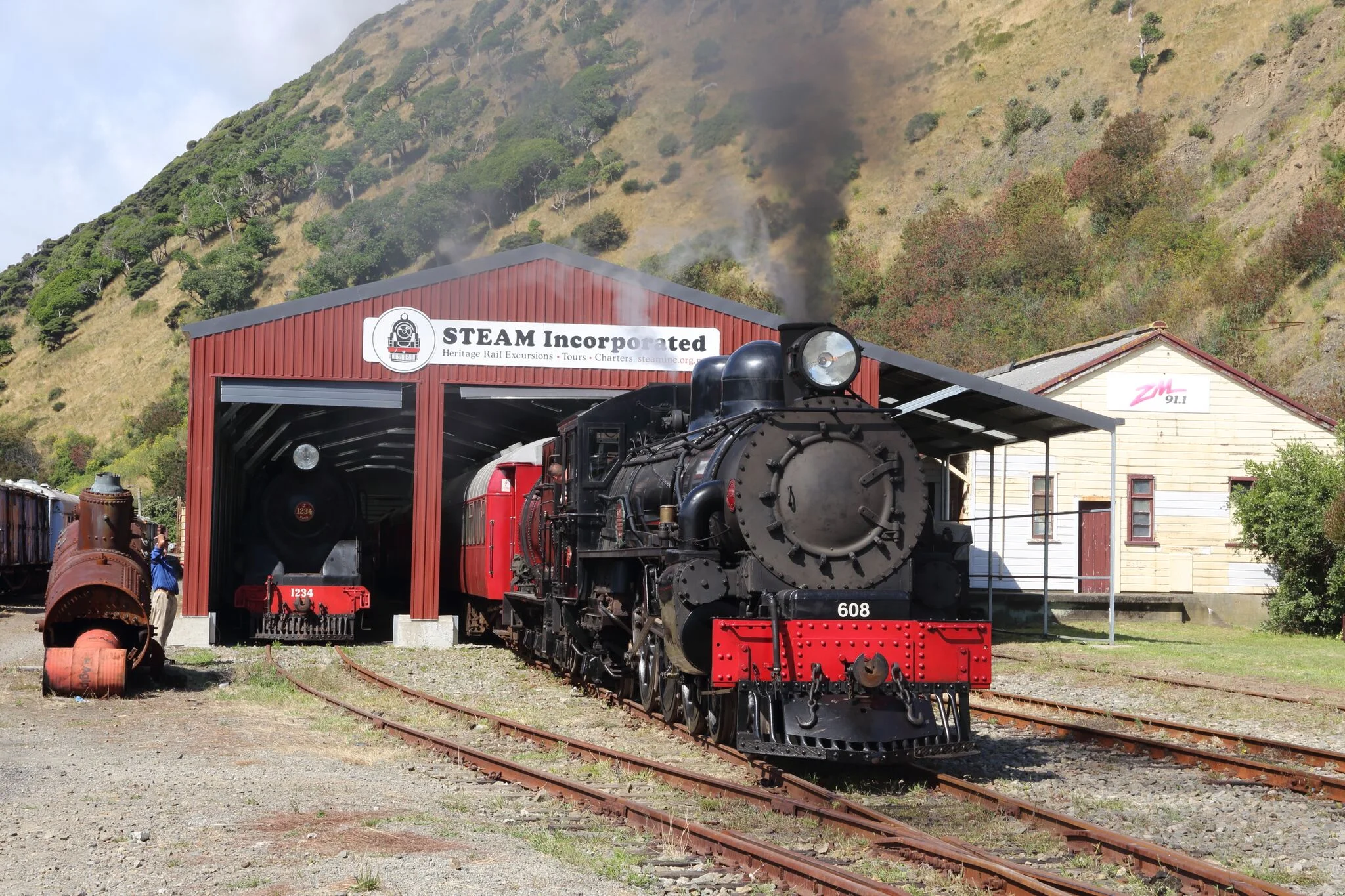The Kāpiti Coast District Council is gearing up to have a community conversation about what it might need to do to help Kāpiti Coast communities thrive in the face of climate change and coastal erosion or sea level rise.
Mayor K Gurunathan says the impacts of climate change are significant and we can no longer afford to sit on our hands.
“As a coastal community with more than 1,800 properties, not to mention businesses and public infrastructure, potentially affected along our 42 kilometres of coastline, we know we need to take action.
“At the heart of this is a conversation with our iwi partners, affected and interested parties, and our community about how we want to adapt as our coastline changes over time.
“We’ve studied the Clifton to Tangoio Coastal Hazards Strategy, a community-led coastal adaption programme which has worked well in the Hawkes Bay, and we think there are elements of this approach that could be applied to a community-led conversation in Kāpiti and across the wider Wellington region.
“There’s a lot of ground to cover and we know people will have mixed views about how, when and what actions might be needed but we’re committed to starting a substantial, careful and respectful community conversation about how we respond, as a community, to coastal challenges over the next 12 to 18 months.”
The Mayor says the Greater Wellington Regional Council has indicated that they would like to be part of this conversation.
“It makes sense to join forces and share resources where we can, as Greater Wellington, as our regional consenting authority, has a vested interest in our environment and providing an effective response to climate change.”
Working towards carbon neutrality by 2025
Kāpiti Coast District Councillors agreed yesterday to reaffirm the Council’s goal of becoming carbon neutral by 2025, after considering some of the potential ways it could get there.
Deputy Mayor Janet Holborow says reducing emissions and becoming carbon neutral is part of the Council’s response to climate change.
“Having declared a Climate Change emergency this concrete goal is a real opportunity to identify practical steps we can take as an organisation and as a role model in our community to be environmentally responsible.
“The Council has already significantly reduced its carbon emissions by implementing changes to how it manages the treatment of wastewater and the types of fuel it uses,” said the Deputy Mayor.
“Further investigation is needed to identify what additional steps we need to take. This includes looking at options such as joining a carbon neutral certification scheme, replacing some of the Council’s fleet vehicles and planting trees to further reduce and offset carbon emissions.”
The goal of carbon neutrality relates to the net carbon emissions produced by Council’s activities. Net carbon emissions refer to the total amount of carbon emitted minus any offsets. To achieve the goal of carbon neutrality, Council will need to offset all of its unavoidable carbon emissions, so that its net emissions amount to zero.
Group Manager Corporate Services Mark de Haast says further investigation is needed to inform the development of a plan for the Council to achieve carbon neutrality by 2025.
“The plan will need to identify feasible initiatives and any additional resource requirements for Councillors and the community to consider as part of the 2021-41 long term plan process,” he said.
-KCDC








